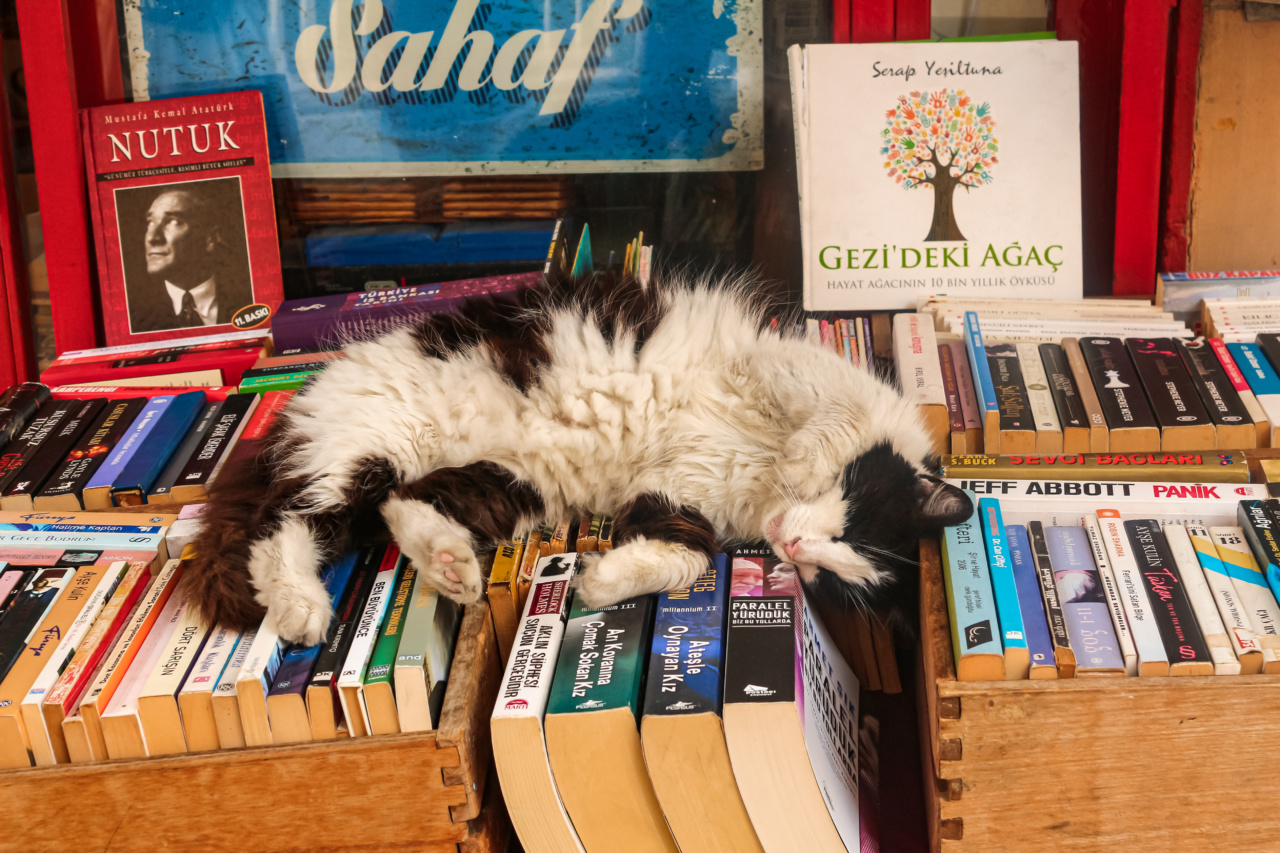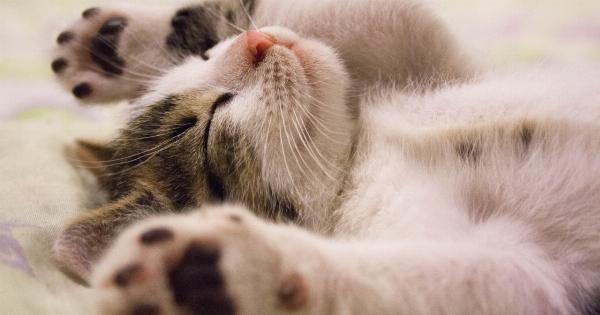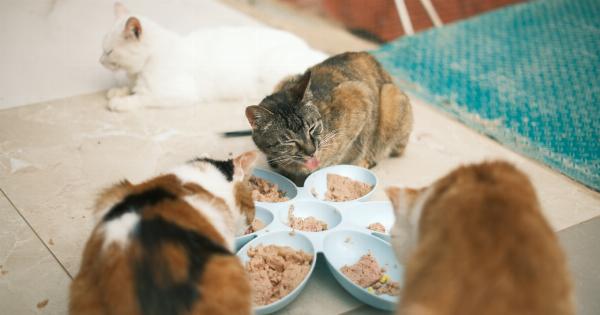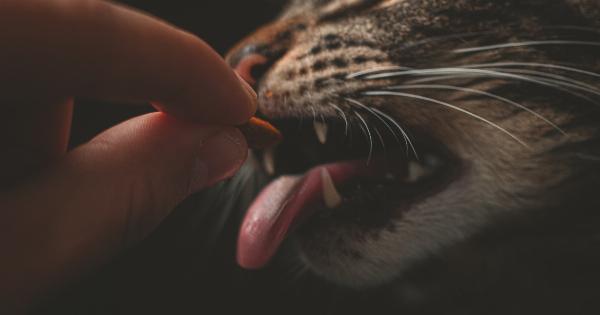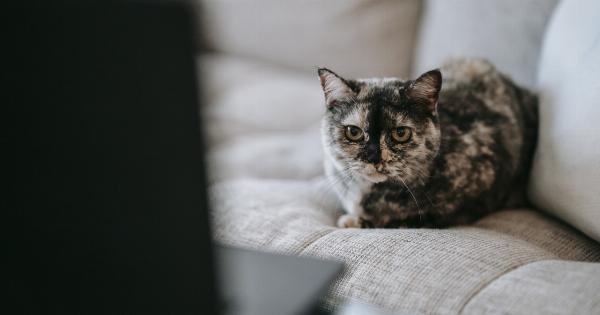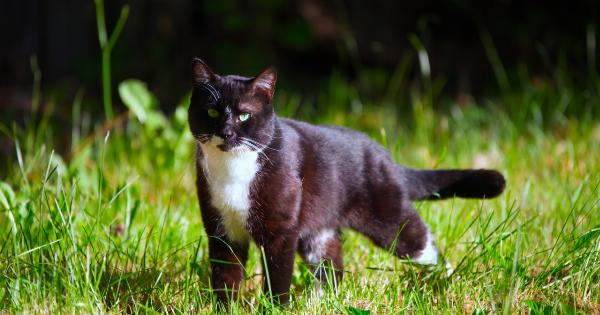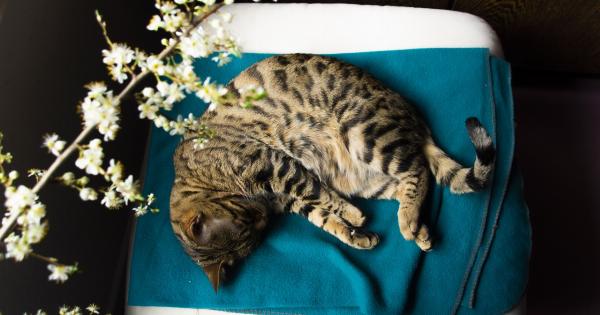As cat owners, we often find ourselves intrigued by our feline companions’ sleeping habits. It’s no secret that cats love to sleep, but how much is too much?.
The average sleep time for cats
Cats are known to be one of the sleepiest animals, spending most of their day snoozing away. On average, cats sleep for 12 to 16 hours per day. This may seem excessive to some, but it is perfectly normal for cats.
In fact, cats have evolved as natural predators, and sleeping for long hours helps them conserve energy for hunting.
Factors affecting sleep duration
While the average sleep time for cats is 12 to 16 hours, it’s essential to remember that individual cats may sleep more or less depending on various factors. Here are a few factors that can affect a cat’s sleep duration:.
- Age: Kittens and senior cats tend to sleep more than adult cats due to their growth and age-related changes in their bodies.
- Health: Cats that are ill or in pain may sleep more as a way to cope with their discomfort.
- Activity levels: Cats that have more active and stimulating lifestyles may sleep less as they burn more energy throughout the day.
- Environment: Cats that live in a peaceful and stress-free environment are more likely to have longer and uninterrupted sleep sessions.
- Personality: Just like humans, cats have individual personalities. Some may be naturally more energetic and sleep less, while others may prefer relaxation and sleep more.
When should you be concerned?
While a cat’s sleeping habits are generally normal, there are situations where excessive sleep may indicate an underlying issue.
If you notice any of the following signs along with excessive sleep, it’s essential to consult with a veterinarian:.
- Change in appetite: A sudden decrease or increase in appetite accompanied by excessive sleep could be a sign of illness.
- Unexplained weight loss or gain: Significant changes in weight along with excessive sleep may indicate a health problem.
- Behavioral changes: If your cat is excessively sleeping and also displaying abnormal behavior or seems lethargic, it is important to get them checked by a vet.
- Difficulty breathing: Labored breathing along with excessive sleep may be a sign of respiratory or cardiac issues.
- Excessive thirst or urination: Changes in your cat’s drinking or litter box habits could signify an underlying medical condition.
How to ensure your cat gets enough quality sleep
Providing an optimal sleep environment for your cat is crucial to ensure they get enough restful sleep. Here are some tips to help them sleep well:.
- Create a cozy sleeping spot: Cats love to sleep in warm and comfortable areas. Provide them with cozy blankets or even a cat bed to snuggle up in.
- Offer environmental enrichment: Engaging your cat in play and providing them with stimulating toys can help burn off excess energy and promote better sleep.
- Establish a regular routine: Cats thrive on routine. By having a consistent daily schedule, you can help regulate your cat’s sleeping patterns.
- Provide a quiet environment: Cats are sensitive to noise and disturbances. Ensure their sleeping area is away from loud noises and disruptions.
- Regular vet check-ups: Regular visits to the veterinarian will help detect any underlying health issues that may affect your cat’s sleep.
Conclusion
Cat sleep patterns can vary, but most felines spend a significant amount of their day snoozing.
While excessive sleep can be normal for most cats, it’s vital to monitor your furry friend for any changes in their sleeping habits that could indicate health issues. By providing a comfortable environment and seeking veterinary attention when necessary, you can ensure your cat gets the right amount and quality of sleep they need.
